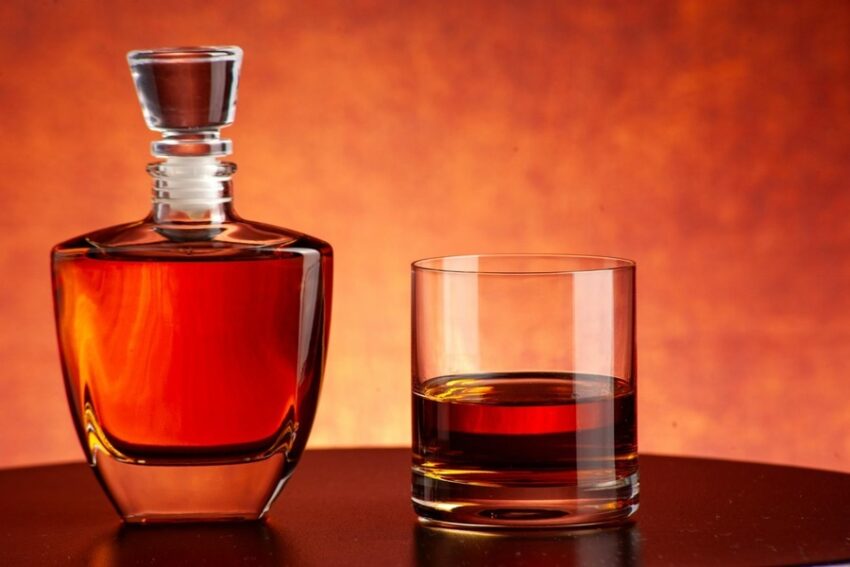Have you ever noticed your skin looks particularly dull and tired after a night of drinking? Most people have. The correlation between alcohol and skin aging is more prevalent than people understand. While a glass of wine now and again seems innocent enough, the abuse of alcohol is slowly taking the glow, elasticity and moisture right off your skin. Let’s look at how alcohol impacts the skin as well as what you can do to make a correction.
How Alcohol Speeds up Skin Aging
Alcohol is dehydrating to your body. Unfortunately, the skin is the first organ that will show a visual result of that dehydration. If your body does not have adequate hydration, the body will present as dry, making any fine lines and wrinkles more apparent. Eventually the negative effects of alcohol and skin aging are compounded and your skin will look lackluster and sagging.
Aside from dehydration, alcohol also provokes inflammation and leads to vasodilation. Subsequently, your blood vessels dilate which can lead to surface redness, puffiness, and broken capillaries in the face. If excessive drinking occurs, the easy way to see this destruction long term is in collagen production. Collagen is the protein our body makes to keep the skin plump and youthful. When alcohol is abused, collagen will eventually be depleted which affects firmness and leads to signs of premature aging.
Unveiling the Relationship Between Alcohol, Gut Health, and Your Skin
The gut and the skin are more intertwined than one would think. While a gut in good health results in a radiant completion, a problematic gut would be immediately noticeable on one’s face. Alcohol consumption leads to the destruction of good bacteria in one’s gut microbiome, creating an imbalance in composition. This destruction leads to an increase in inflammation which would age the skin at a faster pace, leading to wrinkles and sagging.
If you’re wondering how to improve gut health, start by adding probiotics, fiber-rich foods, and plenty of water to your diet. A healthy gut can significantly slow down the visible effects of alcohol and skin aging. A balanced gut reduces inflammation, boosts hydration, and restores your natural radiance.
Intelligent Habits to Care for Your Skin
When it comes to alcohol consumption, while you may want to cut back at times, cutting it out entirely is not a choice. Portion size is important. That’s how you can protect your skin along the way to slow the aging process:
- Hydrate well with water: When drinking alcohol, hydrate yourself with water, both prior, during and after your alcohol consumption.
- Refuel properly: Focus on calories derived from antioxidants and vitamins as well as beneficial fats. They will counter the dehydrating effects of alcohol.
- Care for your gut health: Foster your gut health with yogurt, kefir, kombucha, and fiber vegetable foods to recover your gut from the inside.
- Replenish your skin’s moisture: Serum and cream containing hyaluronic acid and vitamin C help replenish and rejuvenate skin’s moisture levels, as well as protect against environmental stressors.
- Sleep better: Alcohol disrupts sleep patterns that hinder skin repair; thus, good rest boosts skin’s glow and vitality.
A Soft Wake-Up Call
Think of your skin as a representation of your lifestyle. Each drink leaves a little impression on your body, some of which are instantaneous, but some manifest over time. Knowing how alcohol and skin aging are related will only help you to make better decisions about it not just for your page but more generally for your health.
If you want to protect your skin’s health for tomorrow, radiant youth with small steps today, balance your practices, feed your gut, and treat your skin well. Keep in mind, your glow should not go head to head with your glass.

